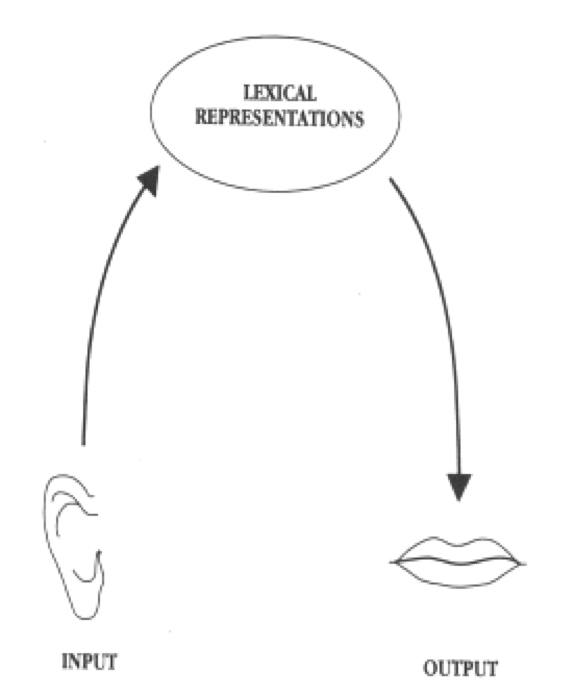The purpose of this website is to provide resources relating to research carried out by Joy Stackhouse and Bill Wells, notably the psycholinguistic framework for investigating children’s speech, language and literacy difficulties. Links to information about the books in the series Children’s Speech and Literacy Difficulties can be found here.
The website provides access to video and audio recordings of material that is discussed in the book Children’s Intonation: a Framework for Practice and Research (John Wiley, 2015). http://as.wiley.com/WileyCDA/WileyTitle/productCd-1118947622.html
About the Psycholinguistic Framework
For many children with a persisting speech difficulty or PSD (i.e. a speech difficulty present after the age of school entry which has not resolved following intervention), there is no obvious physical cause of the difficulty. A feature of the psycholinguistic framework is that it incorporates phonetic and linguistic analysis of children's speech together with investigation of the underlying processing difficulties. The aim is to pin-point specific areas of breakdown or difficulty which can be targeted by individualised interventions. Areas of difficulty may include speech input or auditory discrimination between words such as 'bag' and 'back'; information stored about the pronunciation of words within children's receptive vocabularies or with the programming of speech articulators such the soft palate, tongue and vocal folds.The framework has been effectively used by researchers and practitioners working with different populations of children, including those with Down Syndrome; hearing impairment; dyspraxia; dysarthria; cleft palate; stammering and specific speech and language impairments.
A key aspect of the approach is its focus on literacy and the phonological processing skills needed for the development of adequate reading and spelling in children with PSDs. Children with persisting speech difficulties are known to be at risk of further literacy difficulties. The psycholinguistic framework is therefore used by teachers as well as therapists.
Originally conceived in the late 1980s by Joy Stackhouse (speech and language therapist and developmental psychologist) and Bill Wells (clinical linguist), the framework was further developed in collaboration with colleagues at University College London (1990-2000) and The University of Sheffield (2000-2015). The psycholinguistic framework has had an impact in the education and training of undergraduate and postgraduate speech and language therapists in many countries, including the UK, Europe, Australia, South Africa and the USA.
Book series: Children’s Speech and Literacy Difficulties
1
Stackhouse, J. & Wells, B. (1997) Children's Speech and Literacy Difficulties 1: A Psycholinguistic Framework. Chichester: Wiley (380 pages).
2
Stackhouse, J. & Wells, B. eds (2001) Children's Speech and Literacy Difficulties 2: Identification and Intervention Chichester: Wiley. (450 pages)
3
Pascoe, M. Stackhouse, J. and Wells, B (2006) Persisting Speech Difficulties in Children. Children's Speech and Literacy Difficulties 3. Chichester: Wiley. (441 pages)
4
Stackhouse, J., Vance, M., Pascoe, M., Wells, B. (2007). Compendium of Auditory and Speech Tasks : Children's Speech and Literacy Difficulties 4. Chichester: Wiley (461 pages)
https://www.google.co.uk/books/edition/_/wfOY3JTXWg0C?hl=en
5
Wells, B & Stackhouse, J. (2015) Children’s Intonation: a Framework for Practice and Research. Children's Speech and Literacy Difficulties 5. Chichester: Wiley (347 pages)
